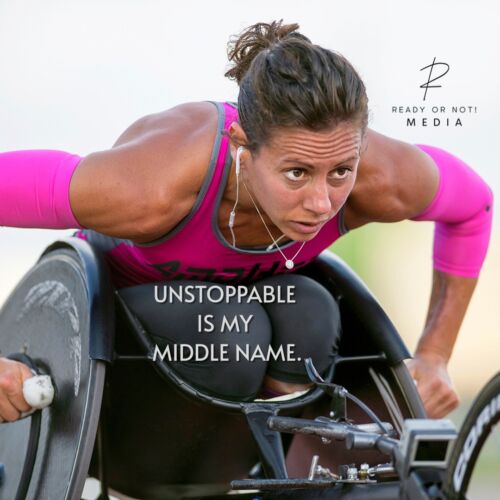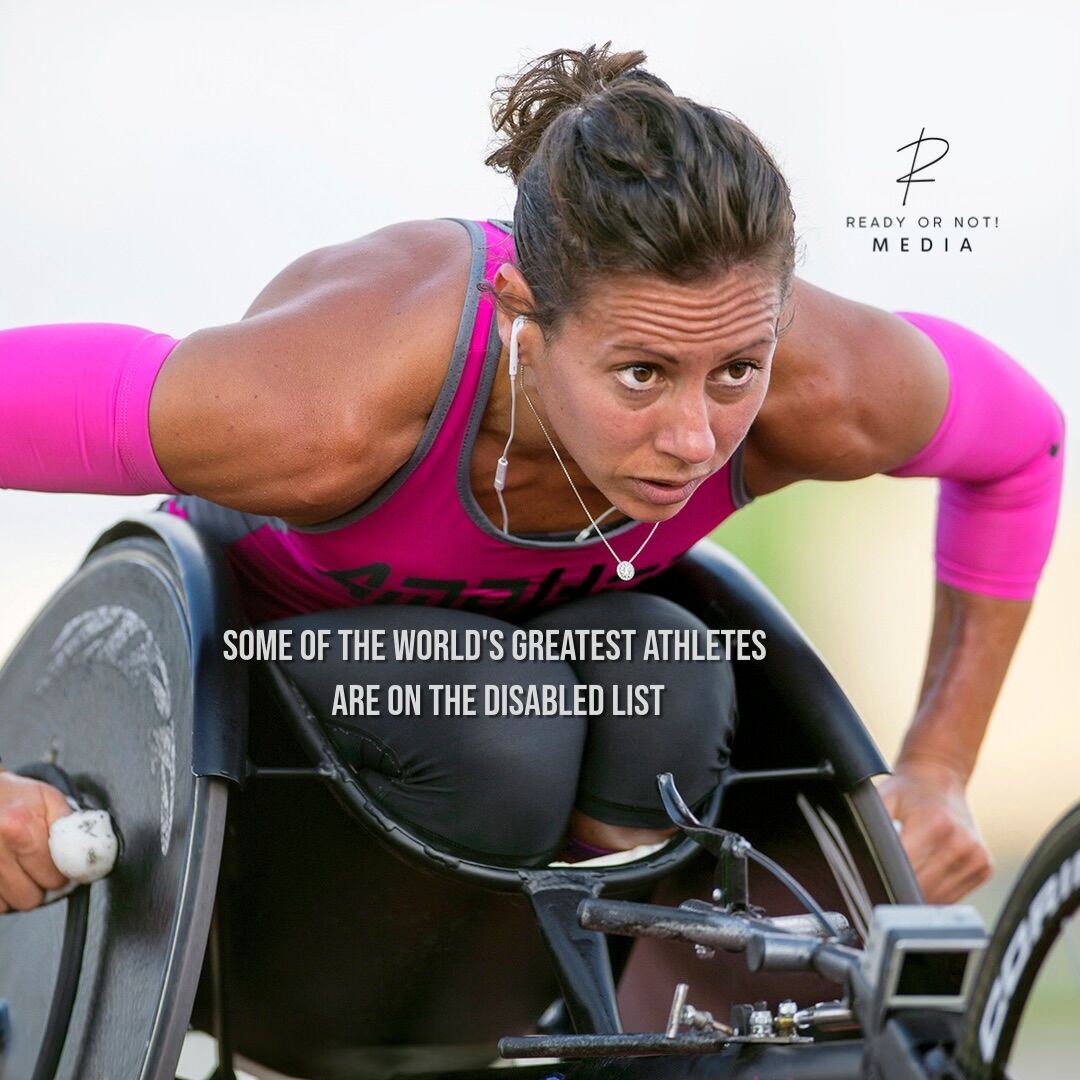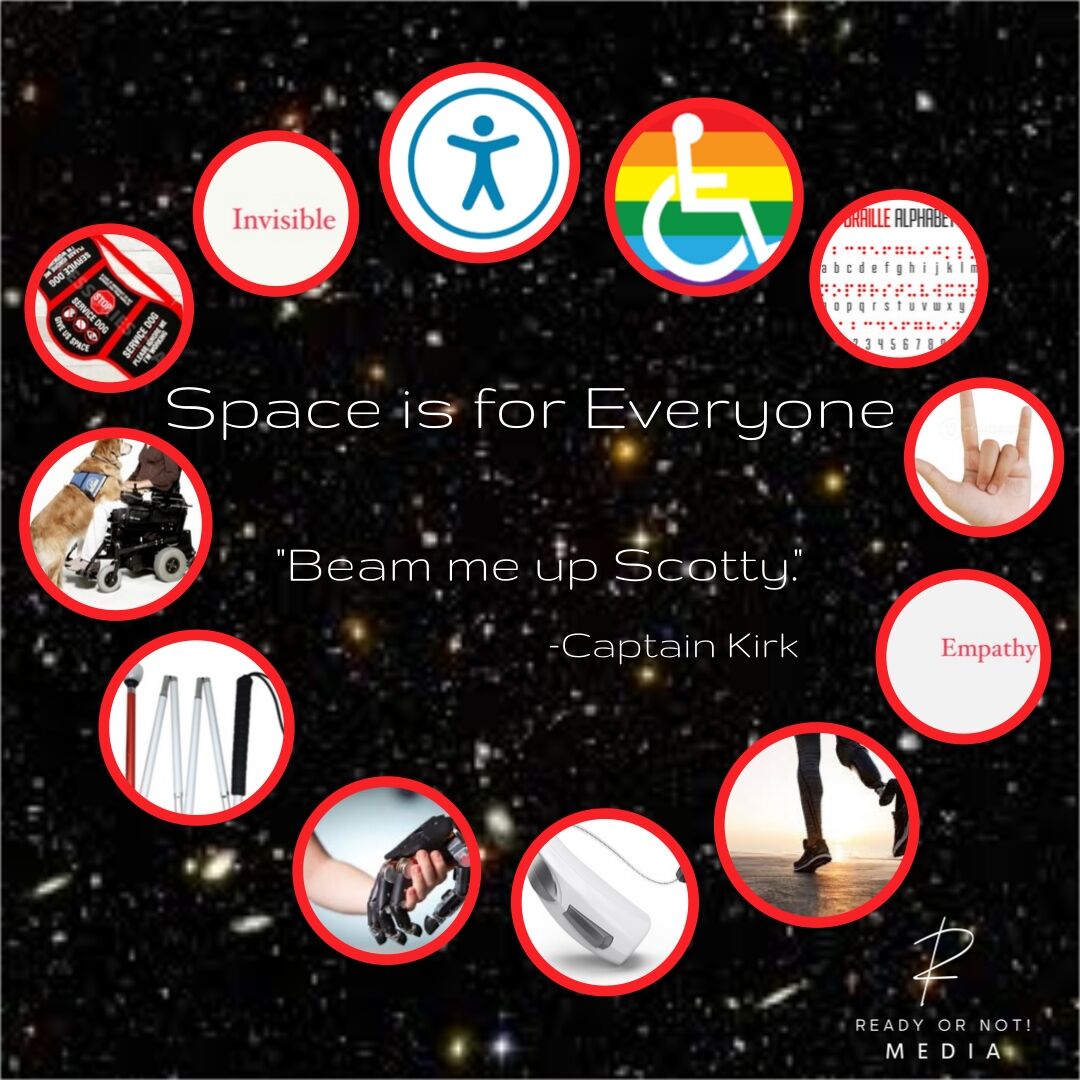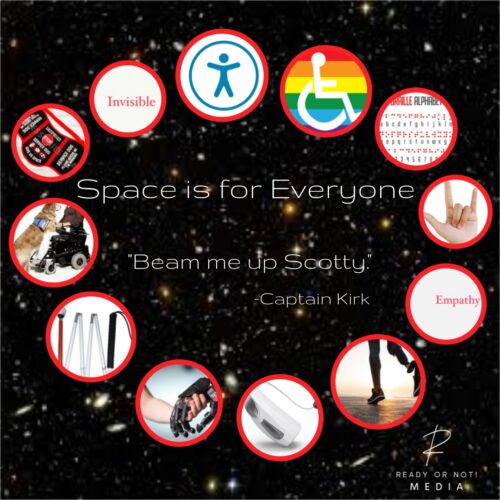
Shatter the Stereotypes.
There is history. History, I will never forget. History, I am proud to share with you.
In 1998, I was blessed to be given an opportunity to meet the real champions of the Paralympic movement. I was part of changing the landscape of athlete representation for people with disabilities in the media. Being a part of the game-changing team who revolutionized the landscape of athlete representation for people with disabilities in the media was a milestone that forever changed my life, not only as an athlete but also in the work I do in this community.
Just imagine, athletes who have not been seen and heard! We didn’t have to imagine it.
It was true until the visionaries and founders of wemedia, brought access and mobility by bringing 100 hours of Paralympic webcasting of the Sydney 2000 Paralympic Games that nobody cared about.
Wemedia was truly ahead of its time, was the Official Magazine in North America, the exclusive worldwide Webcaster, provided live web coverage, and was the U.S. Broadcasting Rights Holder of the Sydney 2000 Paralympic Games. A leader, that set the precedent by producing a two-hour highlight special on the 2000 Paralympic Games from Sydney, Australia aired on CBS working with some of the best talent in sports television. Proud to say we worked with CBS Sports, Fox Sports Net and Pax TV broadcasting the competition.
Wemedia was committed to provide an opportunity to showcase athletic ability and determination to shift perceptions and inspire new generations of athletes all over the world but us.
It’s truly remarkable to witness the growth and development of the Paralympic Games over the last few decades. Despite all this progress, however, it is still disheartening to see that athlete representation is still lacking from many media outlets.
Are you going to cover the champions?
We must recognize, continue to celebrate their efforts in media, as spectators, and provide these athletes with the same respect and admiration as their able-bodied counterparts.
Would you believe America was the country with the most disparity of coverage of the Olympics and the Paralympics? In the USA, the Olympic Games generated 53,000 articles while the Paralympics generated 1800, meaning that for each article written covering the Paralympics, there were 30 about the Olympics.
The Tokyo 2020 Olympics had 1000% more media coverage in English than the Paralympics, with 122,000 total articles written about the Olympics, to 11,664 about the Paralympics.
It does not end here.
By investing in these incredible athletes, sponsors can dismantle the stereotypes surrounding disability and showcase their abilities on a global stage. I commend campaigns such as #WeThe15 — a human rights campaign headed by the IPC and UNESCO to end discrimination against people with disabilities. We must continue beyond the Paralympics’ two-week life span.
Collectively, we can create a level playing field that supports every athlete, regardless of their abilities. A powerful way to celebrate diversity, break down barriers to promote equity in sports.
Let us pledge to uplift the voices and accomplishments of Paralympians and champion their rightful place in the public eye for Paris 2024 and beyond. Together, WE can create a world where everyone has a fair shot at success, regardless of ability or circumstance.
Who is ready to hold the torch?



